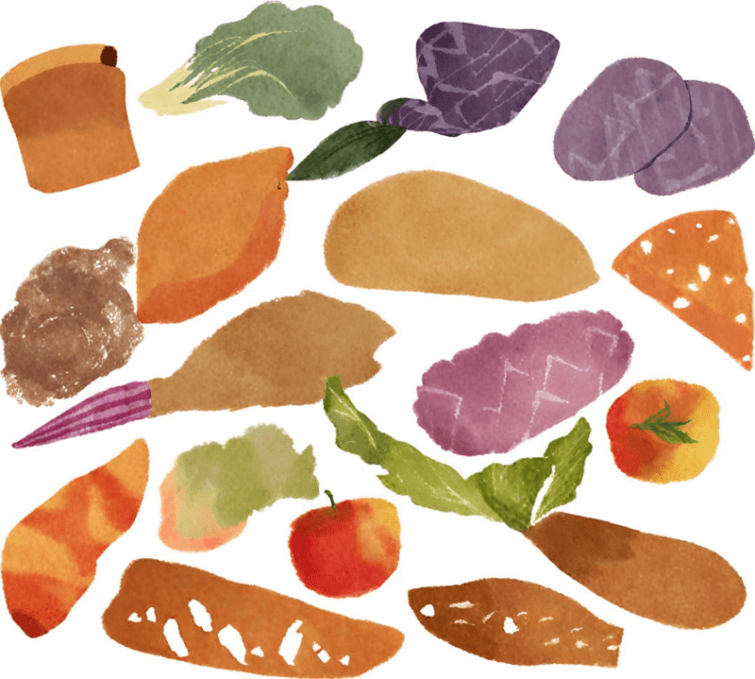By: Stefan Ferlin, Katharina Stollewerk
From: LVA
The reduction of waste is at the forefront of all efforts towards improved sustainability. Less waste means a lower need for upcycling-, recycling- and circularity technologies and innovations. However, complete elimination of waste is currently not feasible. While it is important to strive for the implementation of optimization processes for overall waste reduction, innovative waste management strategies are needed for food residues, which are still accumulated by many food-affiliated industries. Showing that upcycling and circularity is always possible, even in unlikely situations, an Austrian Cooperative Research (ACR) project, named BIOPROFIT, comes into play.
Fermentation sites are faced with a difficult problem to solve, digestate (fermentation residue) is composed of already digested and therefore nutrient deprived plant matter. A secondary lifecycle is therefore highly difficult to achieve, for this waste product. At least that was true until the emergence of the BIOPROFIT project. This project deals with the development of a new method for higher reusability of fermentation residues (digestate) from breweries and biogas plants. Fermentation waste is often disposed of, due to low efficiency and high cost of current waste processing methods. BIOPROFIT aims to develop a feasible method to allow for easier production of digestate-based fertilizer. The project utilizes membrane-filter systems, which enable selective filtration of desired compounds (nutrients), while disposing of undesired components (such as pathogens, water, methane, nitrous oxide, hydrogen sulfide, ammonia, etc.). This means that fermentation rests are freed from their less desirable components, and any beneficial compounds are now concentrated and made into an alternative for conventional fertilizer.
The project is currently in its end stages and the results look promising. Find more information about this and other Austrian projects here:

